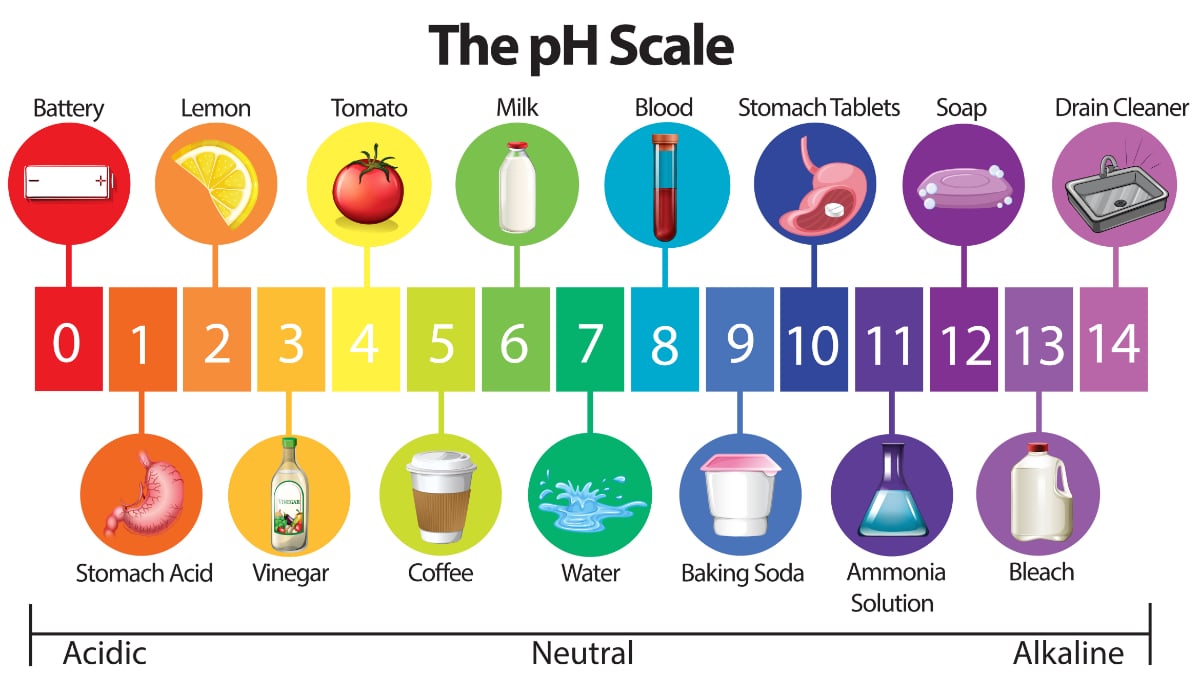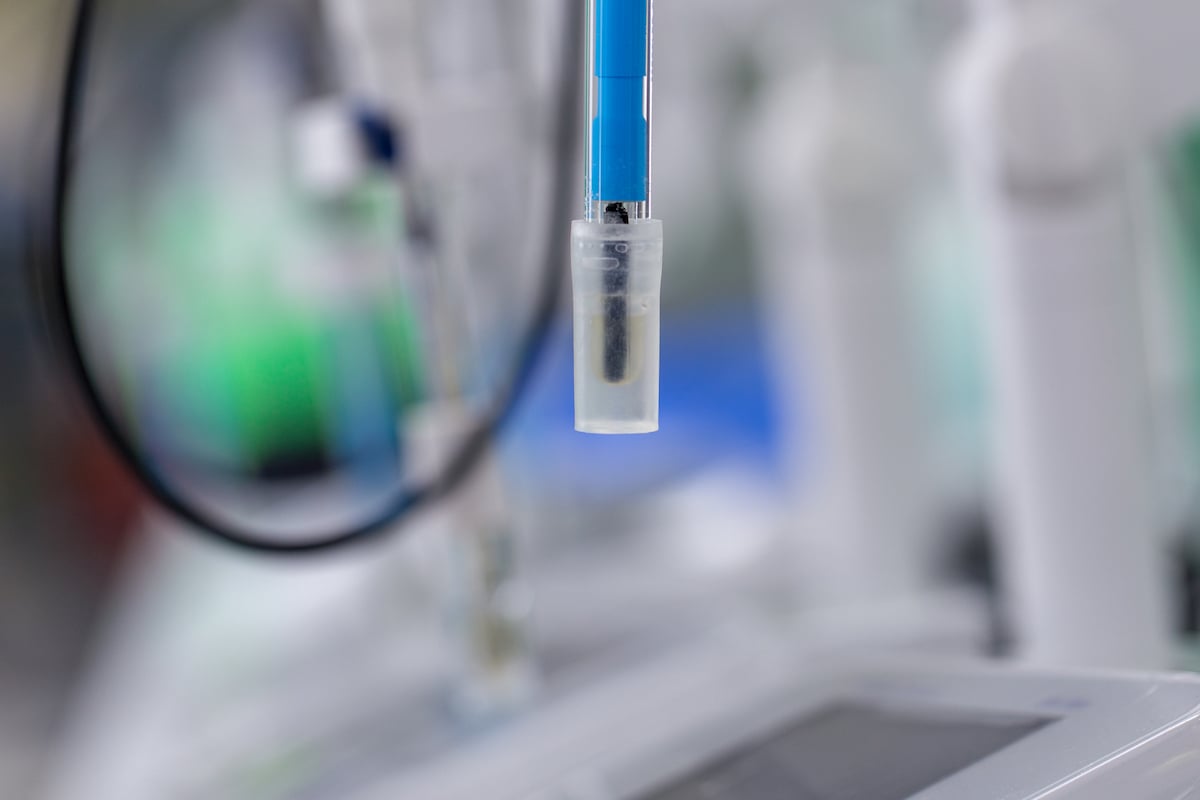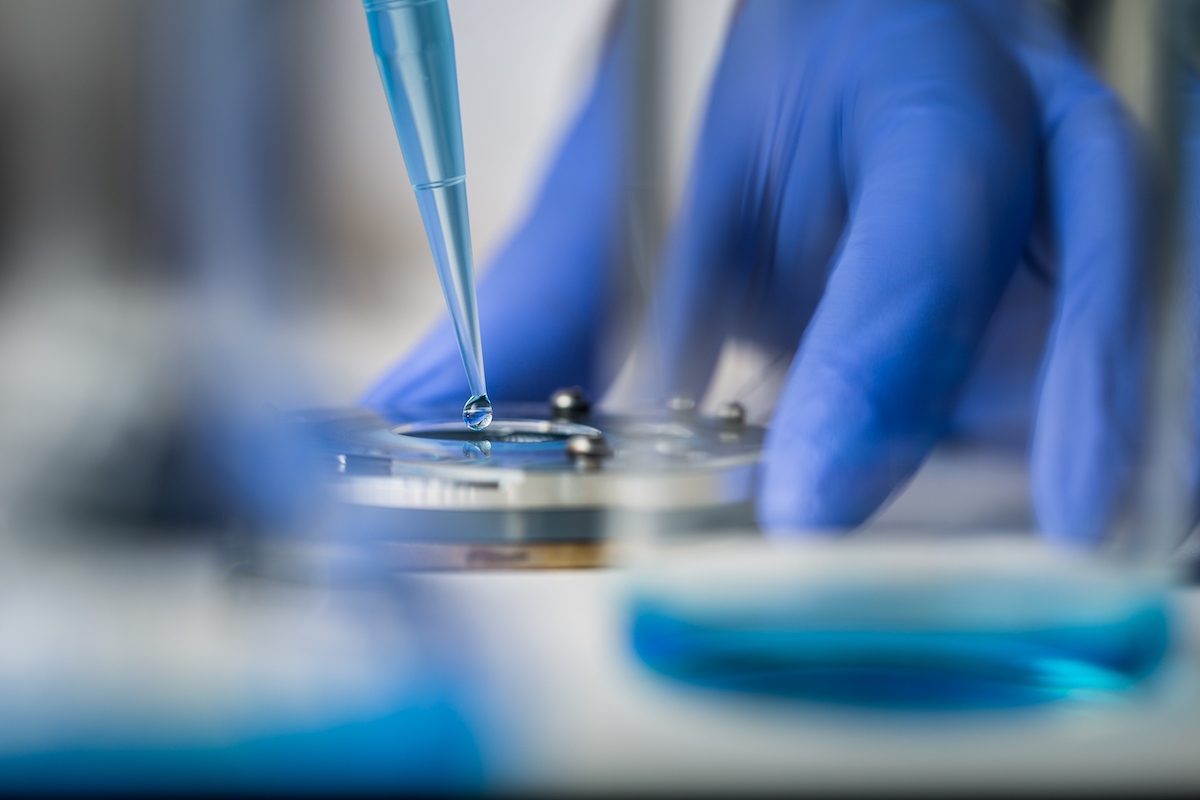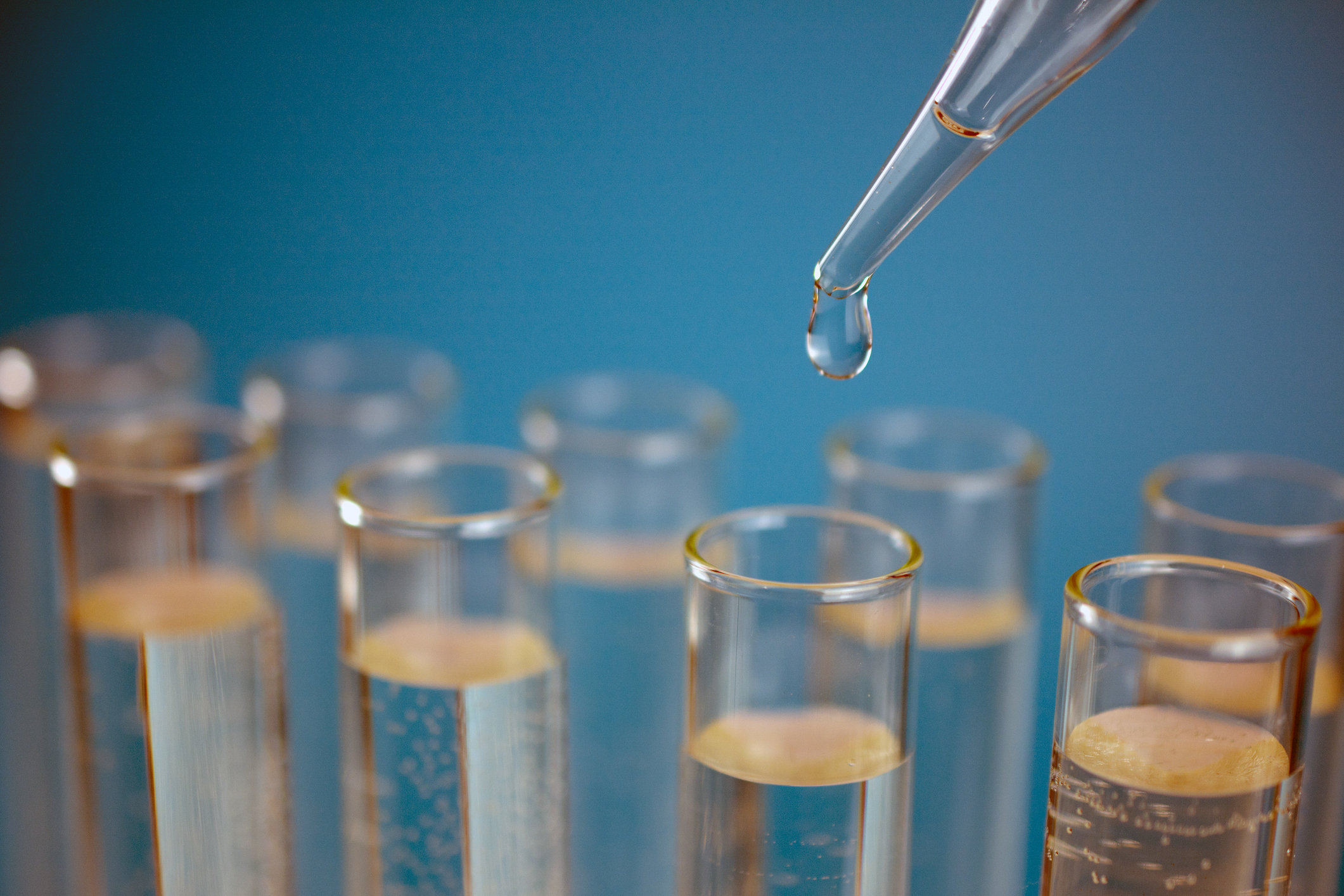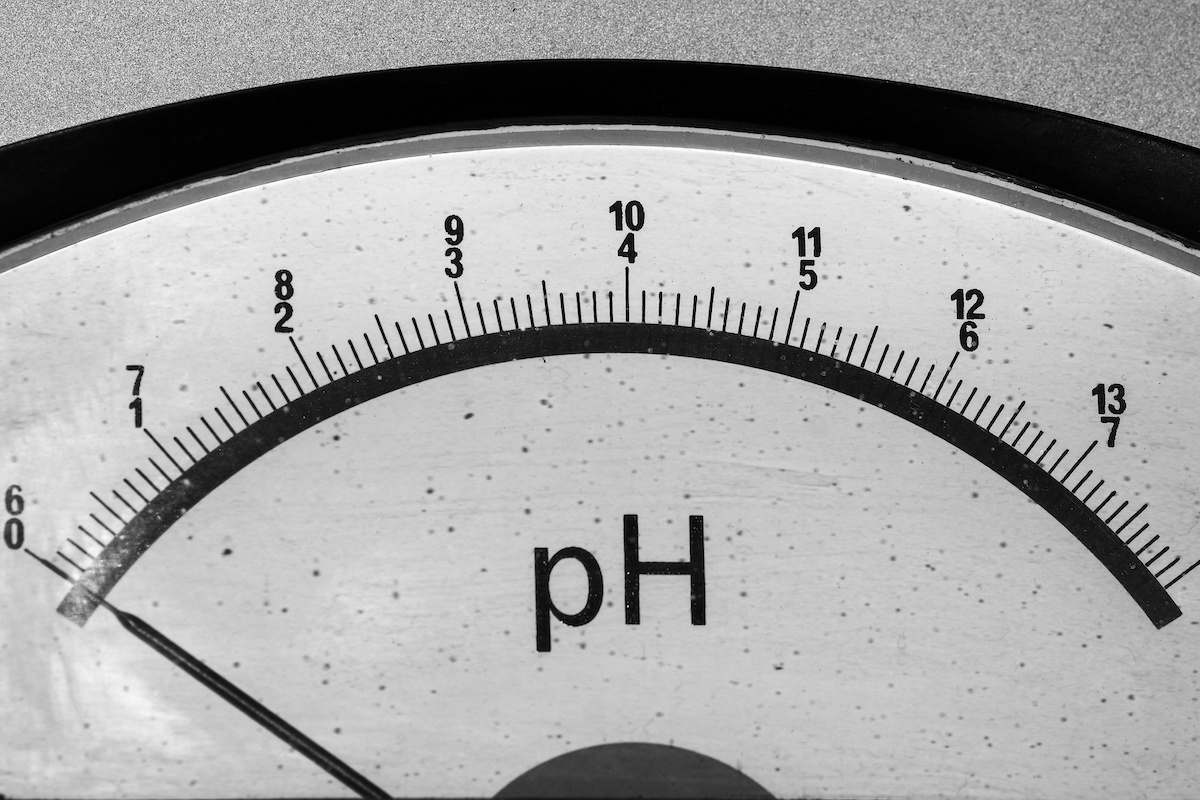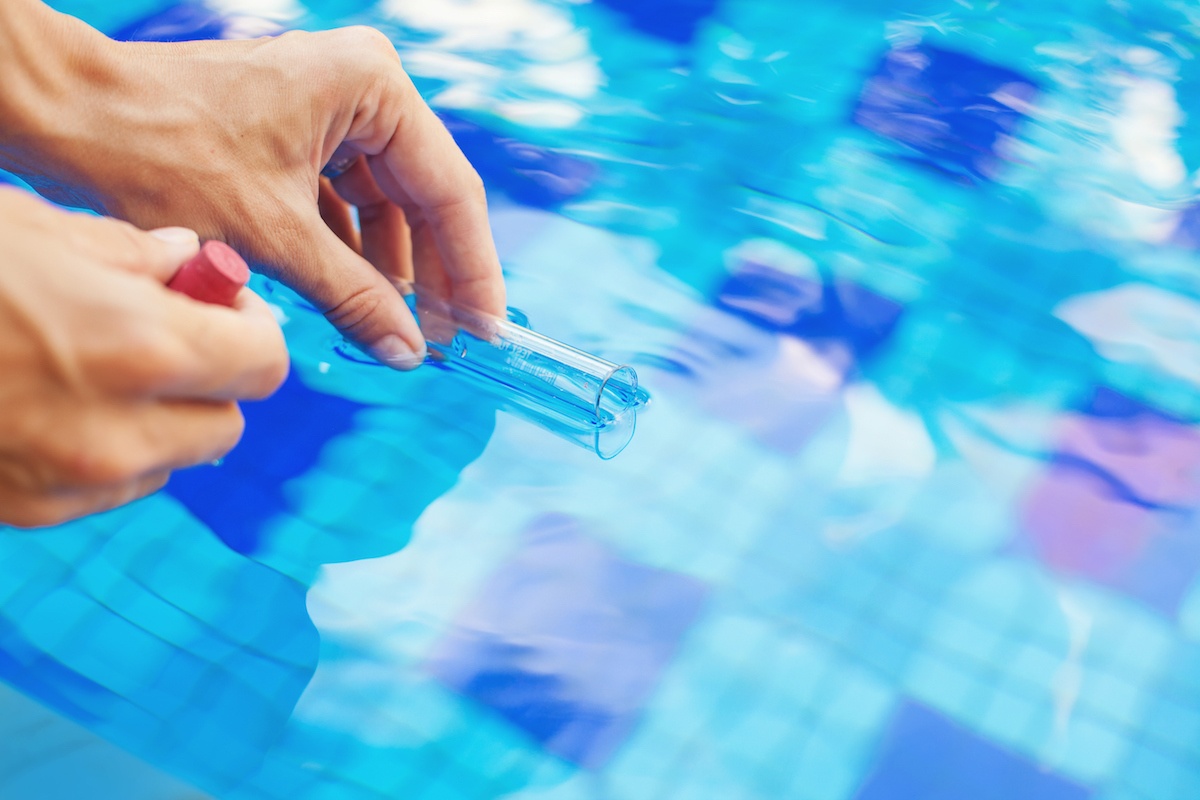One of the most important indicators for water quality is its pH level. The pH scale runs from 0 to 14 and measures the acid or base quality of water. A pH of 7 is neutral, while a reading below 7 is acidic, and one above 7 is alkaline or basic.
Jenco Water Quality Blog
Blog Categories
pH in Hydroponics: How to Maintain the pH Levels of Hydroponic Systems
You can hardly wait to get started with your hydroponic system. You’ve researched light, spacing, and nutrient requirements for your plants. Don’t forget one of the most important factors in hydroponics: pH levels. If the pH level is too high or too low, plants cannot absorb nutrients and will not thrive in otherwise ideal conditions. Read on to learn the role of pH in hydroponic systems and how to properly monitor and maintain its levels.
Calibration Tips 101: 4 Tips for Maintaining pH Meters and Probes
Imagine you’re using a ruler to measure something in inches. There’s just one problem: The space the ruler claims is an inch is actually 6/8 of an inch. If you didn’t know that, none of your measurements would be accurate.
How Is Laboratory Water Purity Assessed and Defined?
When scientists conduct experiments with liquids, they need to make sure that those liquids are pure—otherwise, they risk compromising the integrity of their findings. In fact, if metals or dissolved organic materials are present in water, critical research efforts can be completely derailed.
What’s in the Water: 7 Common Characteristics That Water Quality Instruments Measure
Water plays a tremendously important role in modern manufacturing. Without water, it would be impossible to build products with metals, lumber, chemicals, paper, plastic, and more. For example, producing a single T-shirt requires 659 gallons of water—enough to keep a human alive for nearly two years.
What to Look for in pH Meter Reviews
In today’s oversaturated product marketplace, it’s exceptionally important to do your due diligence before buying a pH meter. In addition to comparing specs and reading product descriptions, sifting through customer reviews is a valuable way to verify that the instrument will perform up to your expectations. As you browse customer reviews, be on the lookout for these six topics to inform your purchasing decision.
Benchtop or Handheld: Selecting the Right pH Meter for Distributors
The beginning of the new year is the perfect time to launch a new product or update your store’s inventory. As you decide what type of pH instruments to include in your 2019 product catalog, here are four key factors to keep in mind:
4 Best Practices for pH Meter Electrode Calibration and Maintenance
Modern pH electrodes are designed to measure the amount of hydrogen ions (H+) and hydroxyl ions (OH-) that are active in a substance to determine how acidic or basic that substance is.
How Bluetooth and Smartphone Apps Are Changing Water-Quality Meters
Reliable technology for monitoring water quality is integral to ensuring that the food we eat, the beverages we drink, and the water we come in contact with are safe and healthy to consume.
What Is the Best pH Tester for You?
There are a variety of PH testers on the market, and each is designed with a different application in mind. To choose the best pH tester, it’s important to know what features to look for based on your intended use.
